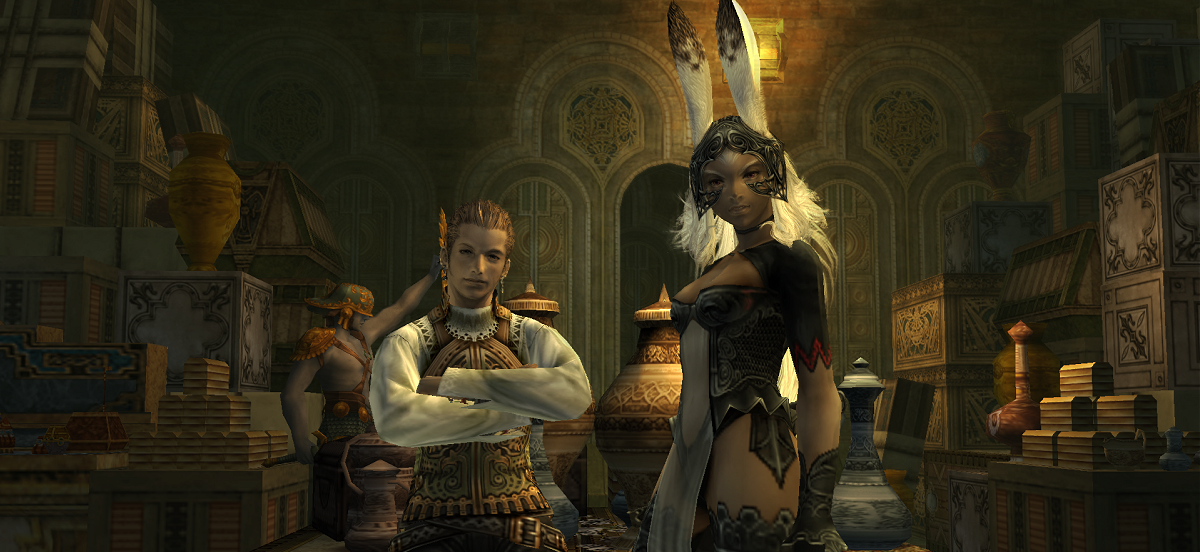It's hard to describe exactly what genre of music Greg Dulli makes. In fact,
the Afghan Whigs remind me of Led Zeppelin in that regard. Sure, at their core they both made rock music. But the product is so much more. While Zep's sound was heavy on jazz and folk influences, the Afghan Whigs are very much soul and lounge music, and I mean that in the best possible way. It's a brand of rock that is sensual, highly literate, and equally effective at any volume. So I wasn't quite sure what to expect when seeing them for the first time in the small but usually raucous
9:30 Club. Would they pull it back in a live setting, and really connect with the audience? Or would they crank it up to eleven? The answer was a little bit of both.
First of all, the show was the first time in my roughly two-dozen trips to 9:30 that I completely missed the opening act. My fiancée Laura was working late that night, and I wanted to wait for her so we could grab dinner together. Once we polished off
CalTort and I got caught up watching way too much of
Mississippi Burning, Laura was nice enough to drop me off at the venue. I don't think I missed much though, as I clicked through some of
School of Seven Bells' songs on iTunes and wasn't terribly impressed. Anyway, by the time I arrived and had a cold Amstel in hand, the house lights were already dimming.
Greg Dulli is a force of nature. Despite any criticisms I have for the show, above all else I'm glad I was able to witness him perform live. He could have been playing Death Cab or Pomplamoose songs and he would own them, rock them in the best possible way, and the crowd would have loved it. But he began the night with his own stuff (we'll get to the covers later), the classic "Crime Scene Part One," and rightly so. It was great, and it was
loud. I mean, really, really, really fucking loud. Maybe I'm just getting too old, but it was the first concert at which I considered stealing someone's earplugs. The Whigs kept the volume up though, churning through some of my old favorites, especially "
Uptown Again" and "What Jail is Like." "Jail" in particular was moving, and at this point Dulli and his band were dripping with sweat, feeding off of the energy of the crowd.
But as all great performers do, they took it down a notch, accomplishing this by mixing some of their original songs with snippets of covers. The highlight of this section was "
See and Don't See," an obscure soul track by Marie "Queenie" Lyons that the Whigs covered in studio and is
available for free download. I can't say I've heard the original, but they've really made it their own, and once again the crowd loved it. Unfortunately, this is where the show lost me. As they ramped the energy back up, I was hoping for a heavy dose of songs from
1965 to close the show. Unfortunately I only got one, "
Citi Soleil," as they chose to stick with their earlier work. Near the end of the set, Dulli discussed his feelings on the modern state of the encore with the crowd. "Encore is a word whose French origins come from motherfuckers going crazy. Currently, encore seems to mean, 'They are coming back.' Well, we ain't coming back unless it's the motherfucking French version of encore which is, 'We played our asses off,'"
he said. So as they departed the stage and the lights remained low, the crowd went pretty bonkers. (But we all knew they were coming back.)
And come back they did. Now, at this point, I was there for one reason and one reason only -- to hear "
Omerta / The Vampire Lanois." I was following set lists of recent shows, and the Whigs had a decent record of closing their encores with those two songs. But once again, they whiffed (in my opinion), opting for three songs off
Black Love mixed in with a few Prince covers. It was still enjoyable, all things considered, but I couldn't help but feel disappointed I missed out on hearing my top four or five favorite Afghan Whigs songs. After the encore concluded, I stood there with a handful of others, clapping and shouting away, hoping they would come back for a second encore. No dice.
Finally, I am sad to say that my brother-in-law Matthew, who is the biggest Afghan Whigs fan I know and had a ticket to the show, was unable to make it down from Manhattan. I know he hated missing it. But the good news is his brother Max was able to come, along with his lovely wife Erin. It was great to hang out with them both, if only for a short while after the show, and I hope to see them again soon.



.png)
.png)
 Production towards any buildings that already exist in the
Production towards any buildings that already exist in the  Capital)
Capital) Combat Strength and +2
Combat Strength and +2  Ranged Combat Strength over Catapult, which it replaces)
Ranged Combat Strength over Catapult, which it replaces)













